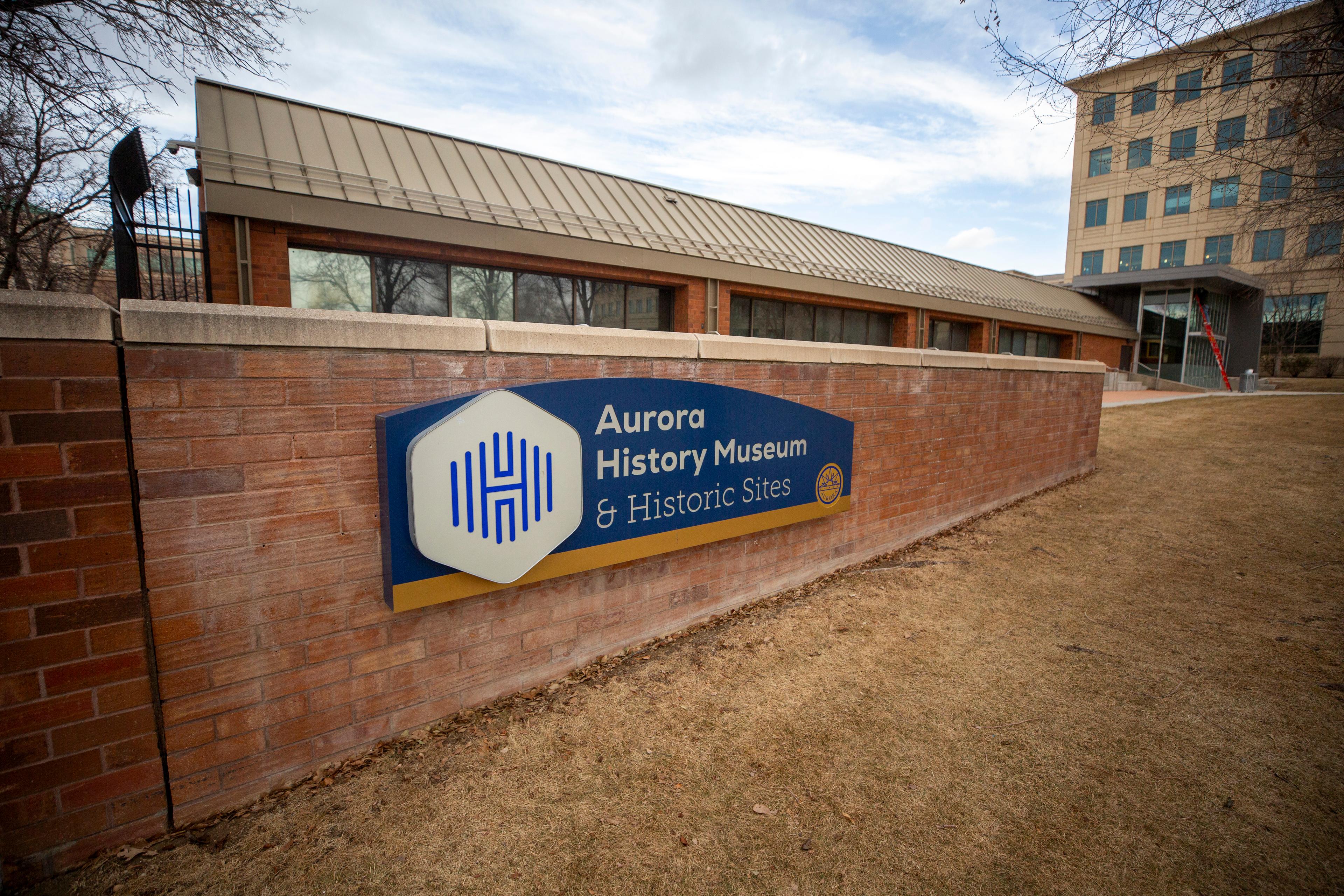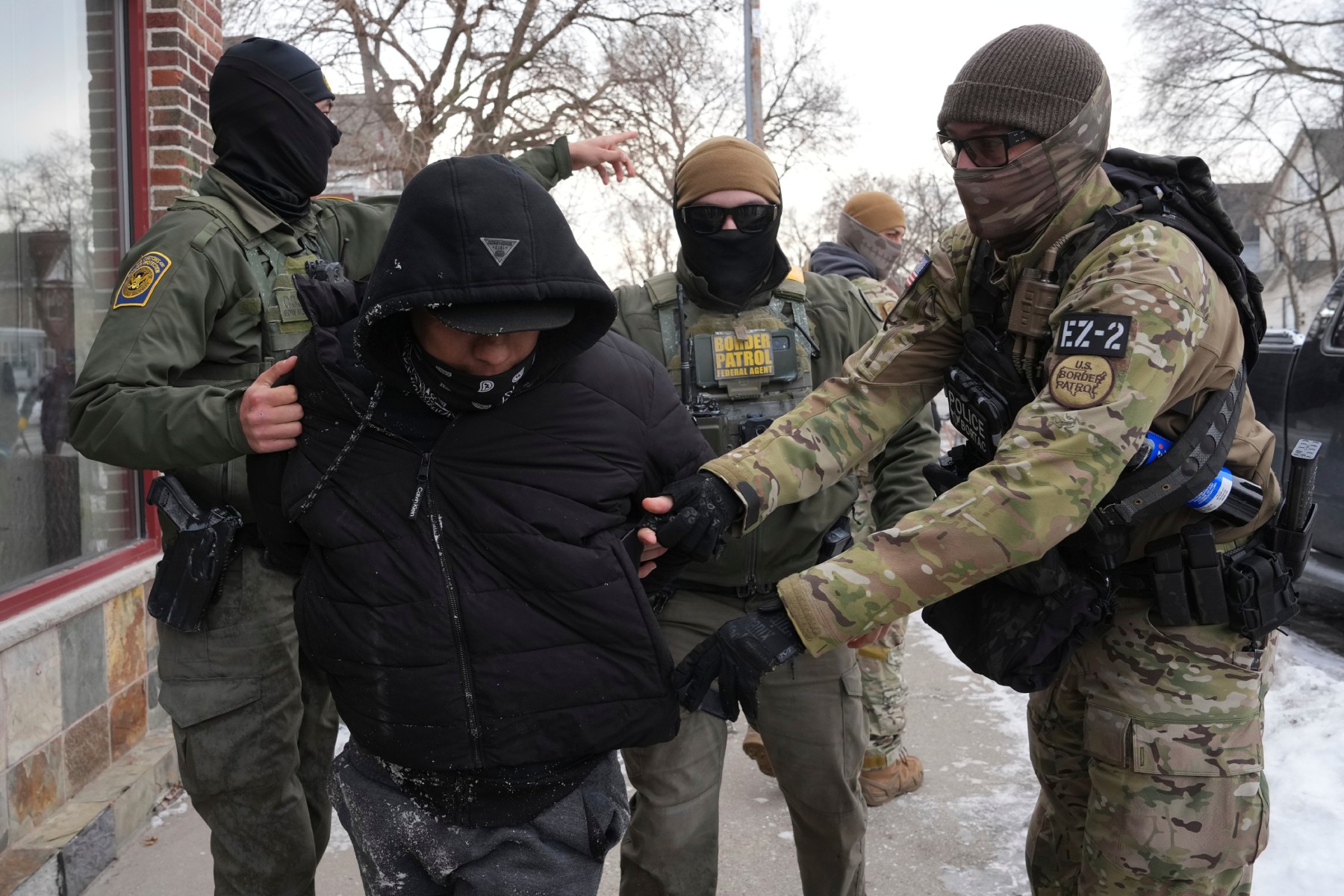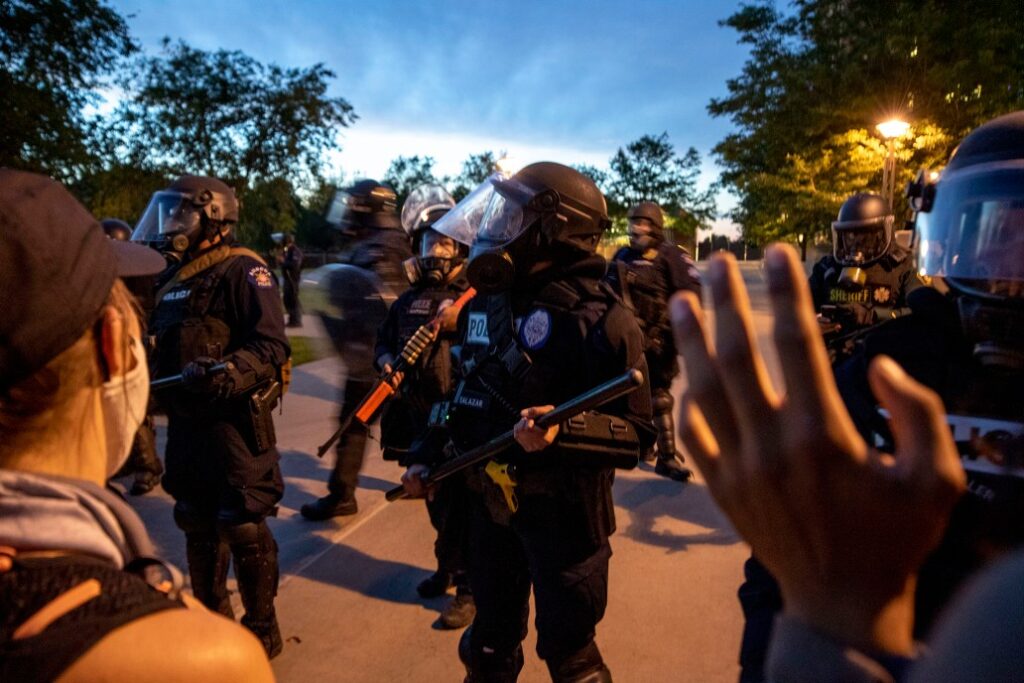
The Independent Monitor for the Aurora Consent Decree reaffirmed that the Aurora Police Department is on the right track in making improvements. But officer-involved shootings continue to challenge the public’s trust.
The Monitor’s Community Advisory Council held a virtual town hall meeting to review the latest report on the Aurora Consent Decree over the weekend. The eighth progress report of the Aurora Consent Decree was released in April. It highlighted improvements to the Aurora PD SWAT team in the wake of the 2024 killing of Kilyn Lewis.
“The consent decree was initiated in large part because of the tragedy, and sadly, it took another tragedy to bring about significant reform of SWAT operations, which were not specifically addressed in the consent decree,” said Jeff Schlanger, lead monitor for the Aurora Consent Decree. “Following the tragic officer-involved shooting of Kylin Lewis, APD and its new permanent chief, Todd Chamberlain, took significant and proactive steps reviewing SWAT operations from top to bottom."
New focus on SWAT
The previous report found critical issues in the Aurora SWAT team’s involvement in its execution of a Denver warrant in the case of Kilyn Lewis, use of less-than-lethal force tactics, tactical approach without cover, and the department’s selection criteria for the SWAT team. That led to Aurora Police Chief Todd Chamberlain independently initiating an in-depth review of the SWAT operations.
The unit now conducts 240 hours of annual team training and 313 hours of individual training. The Special Operations Division Commander or Division Chief must be present at all SWAT callouts and warrant services.
All external and internal warrant service requests now go through a more rigorous approval process. A Risk Assessment Matrix categorizes warrants as high or low risk. A designated less-lethal operator will be present at every arrest scenario, so that less-lethal tools are a priority.
“Aurora, through SWAT reform and — moreover — through its ongoing movement towards substantial compliance with all the mandates of the consent decree, has shown a willingness to confront significant issues. Head on,” Schlanger said.
Lewis shooting
In May 2024, the Aurora SWAT team unit was trying to arrest Kilyn Lewis on an attempted murder warrant from Denver Police. Lewis, who was unarmed at the time, was in the process of raising his hands in compliance with officers when an officer fired off a single shot.
The 37-year-old had an object in his right hand at the time. It was later determined it was a cell phone and a fruit snack. He later died at a nearby hospital. The officer who fired the shot, Michael Dieck, was placed on leave.
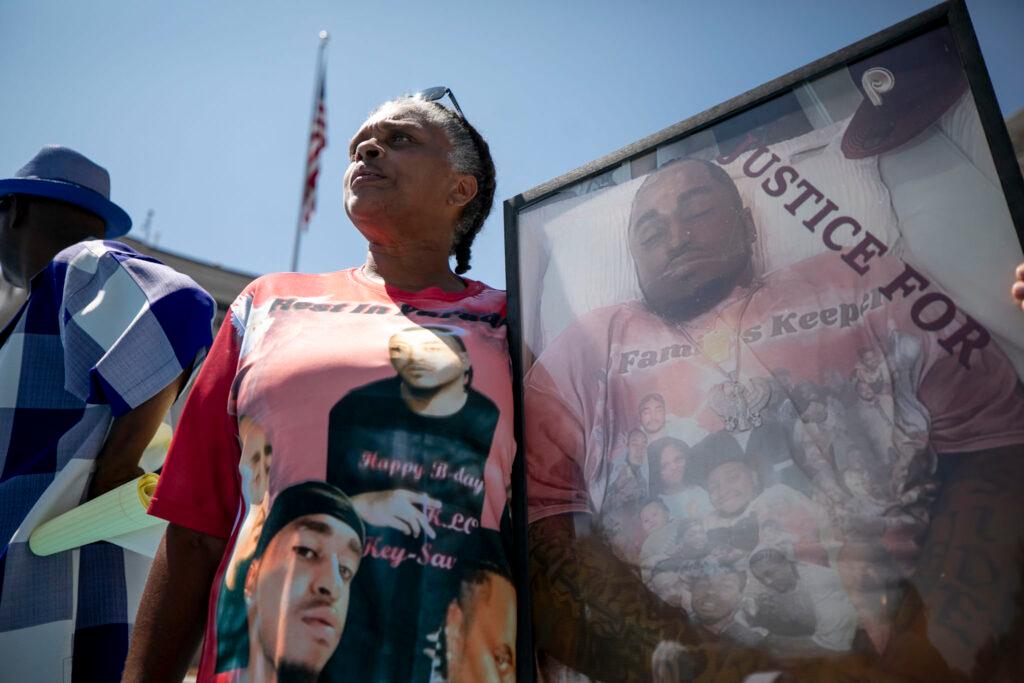
Then Arapahoe County District Attorney John Kellner decided not to press charges following a Critical Incident Response Team investigation, citing that he didn’t think there was enough evidence to prove that Dieck committed a crime. He initially sent the case to the county grand jury, but they declined to hear it.
Following an investigation of its own, the Aurora Police Department determined that Dieck didn’t violate agency policy. Dieck has since returned to work but is no longer on the SWAT team unit.
Third year of a five-year decree
The latest progress report completes year three in a five-year program. The Aurora Consent was triggered by the 2019 death of Elijah McClain. During the eighth reporting period, it said that APD is 73 percent in substantial compliance with the requirements set out by the decree.
APD remains on a cautionary track for three mandates. Those include areas for documentation of stops as well as accountability and transparency. Schlanger said these would require elements of data analysis and an early warning intervention and monitoring system.
“The city of Aurora is not yet done with its work, but there is good reason to be optimistic. The marathon continues with continued focus on accountability, data integrity, and operational follow-through,” Schlanger said. “Aurora is on a path toward fulfilling the promise of the consent decree, constitutional bias, free and effective public safety for all members of the community.”
Chamberlain said he would like to have a more robust early warning intervention and monitoring system for personnel within APD. He said he's committed to identifying individuals who are performing well and those who are problematic.
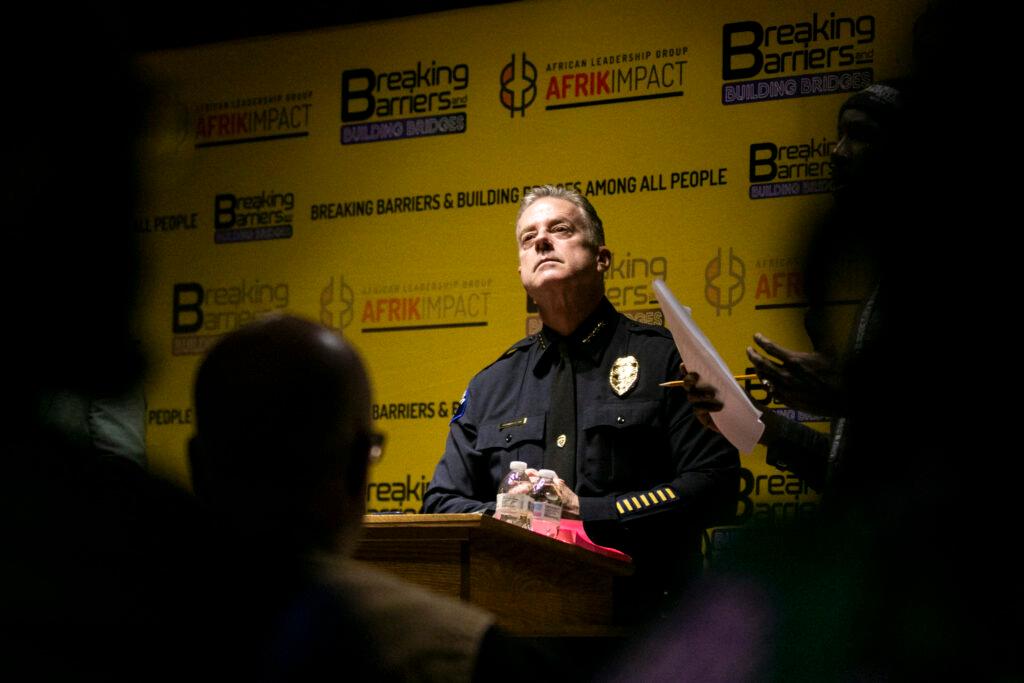
“We spend so much time focused on a very, very, very, very small percentage of officers that are problematic, and unfortunately, we forget a mass amount of officers that every single day are going out there answering incredibly complex calls for service, doing an incredible job,” Chamberlain said.
He said they deserve acknowledgement for that service.
Crime in Aurora
According to crime statistics presented by Chamberlain, crime has gone down 22 percent between April 2024 to April 2025. During that period, more than 697 arrests were made from 1,683 reported crimes. The Black community continues to make up most of offenders in Aurora at 31 percent. Officers have used force on offenders within the Black community at 34 percent, which is the highest among racial groups.
Chamberlain emphasized that the numbers are driven by criminal activity and not by racial violence.
“There are society issues related to this, possibly, but as far as law enforcement, this is what law enforcement has to contend with,” Chamberlain said. “We focus on individuals that are conducting and being involved in victimization. We focus on individuals that are involved in criminal activity. We respond to calls for service based upon the individuals picking up the following calling.”
The next progress report of the consent decree is scheduled to be released on October 15.
- Latest Aurora Consent Decree Progress Report highlights 2021 traffic stop, changes from Kilyn Lewis shooting
- Aurora Police says reports by officers of using force went up in 2023, even as lethal use dropped
- Aurora Police Bias Training deadlines were missed, but mandated reforms remain on track
- Aurora is the first Colorado city under state oversight to reform policing. Two years in, how’s it going?
Funding for public media is at stake. Stand up and support what you value today.





